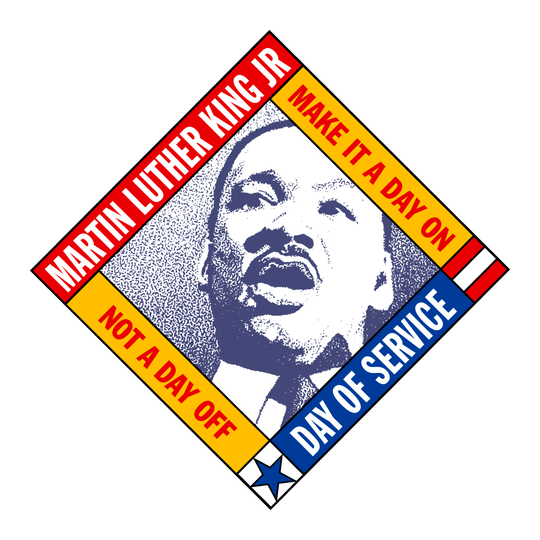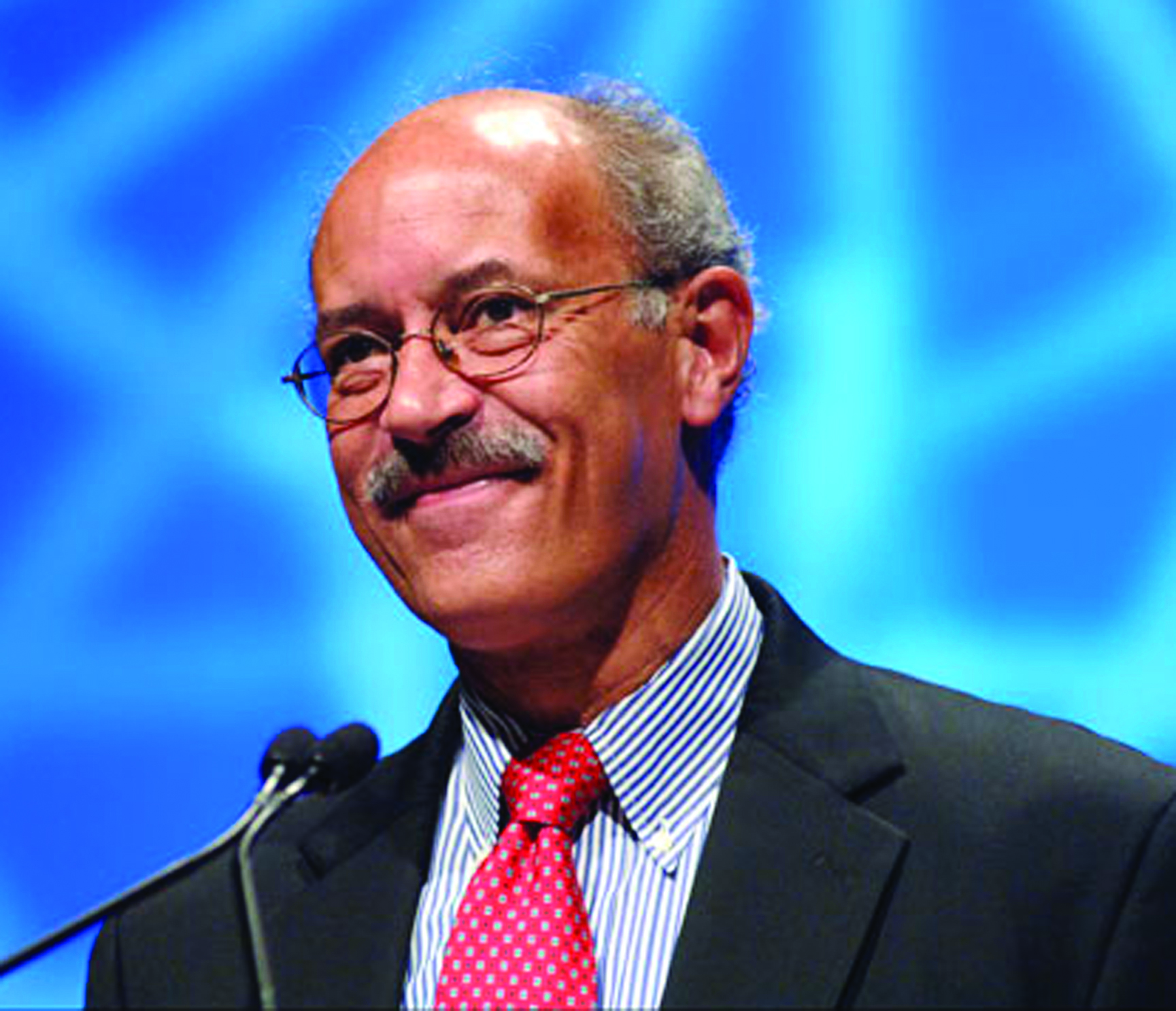King’s ‘Beloved Community’ and how we can reach it

by Rob Howard
Associate Editor
“I wonder if he would be so revered if he had not been killed,” said Rev. Bill Sinkford, writing about Martin Luther King’s “I Have a Dream” speech, and his vision of a Beloved Community. Rev. Sinkford was the president of the Unitarian Universalist Association from 2001 to 2009.
In the current issue of UUWorld, Rev. Sinkford authored an article titled The Dream of White Innocence. I asked him to explain “white innocence” in layperson’s terms. He said, “The idea of personal innocence is something that is pretty deeply baked into our American idea of who we are. Part of American Exceptionalism: If you work hard, you can go as far and be as successful as you can.
“It doesn’t make room for many of us. We have folks who think they are hitting a home run, when they are starting out on third base. That’s not the case if you are a person of color, or African American, or an LGBTQ person. It’s the notion of innocence that all of us are created equal, but some of us are more equal than others.”
Fifty years after he heard Dr. King speak at a Unitarian General Assembly, Sinkford talks about that speech. “Dr. King ended with the vision of the Beloved Community, the dream his sermons made famous. We are not there yet.” Sinkford asks, “How did we get from ‘I Have a Dream’ to the New Jim Crow?” Part of the reason is the belief in white innocence.
“Innocence. I hear it all the time. ‘I never owned any slaves.’ ‘I didn’t create the War on Drugs.’ ‘Some of my best friends are Muslim . . . Mexican . . . gay.’ ‘I’m not a bigot.’ Most of us understand the flaws in that logic.” And saying those things, believing that way, means we are innocent of the plight of others in our county.
If we believe that we are innocent, then we believe we have no responsibility for the plight of others in our country. For attacks on Muslims, for the fact that people of color make up a majority of those imprisoned, for denying LGBTQ people equal rights. And talk of white innocence brought us back to King’s Beloved Community.

Rev. Bill Sinkford. Photo courtesy Unitarian Universalist Association.
Most American’s embraced King’s vision as one of love, “of innocent children sitting together at the American table, or at least in the American schoolroom, the dream centered on love not struggle.”
In fact, he says, King’s ‘Beloved Community’ was one of resistance. It wasn’t that King’s vision was wrong, “it was that so many people wanted it to stop developing. It was pretty easy to hear the I Have a Dream speech, little boys and girls at the welcome table,” says Sinkford.
“But King’s vision was constantly growing. It was harder to realize that Dr. King was marching in Memphis around equal pay and unionization issues when he was killed, and even harder to affirm his right to condemn the Vietnam War.”
Rev. Sinkford believes that had King lived, his expanding community would have included people of color, people who are LGBTQ, climate activists, and more. And he talked about a way to make that happen in today’s troubled times.
“Trying to point forward,” he said, “we need to find more ways to be in solidarity with one another. I’m a big advocate of, for example, Black Lives Matter banners showing up at the Pride parade, Rainbow flags showing up at climate change rallies. To show that we are in this together.”
And in doing that, we can build close relationships. “You have to be in relationship, you have to know people well enough so that you can trust their life experience. Know what it feels like to be them. We in this culture do a terrible job of having friendships that are close enough across those divides.”
He takes great comfort in the diverse crowds at vigils after the Pulse nightclub attack. “The vigils called us to stand in solidarity in our grief and to stand as a community of resistance to the hate and the bigotry and the fear. We were communities of resistance that gathered. Because resistance is what love looks like in the face of hate. Resistance is what love looks like in the face of violence.”
Rev. Sinkford’s words lend new meaning to Martin Luther King’s ‘Beloved Community.’ And with them, perhaps we can see our way to gaining equality and justice for all.
If you would like to read Rev. Sinkford’s full article in UUWorld, visit www.tinyurl.com/jdda4sg.
_
Copyright 2017 The Gayly - 1/15/2017 @ 10:17 a.m.





